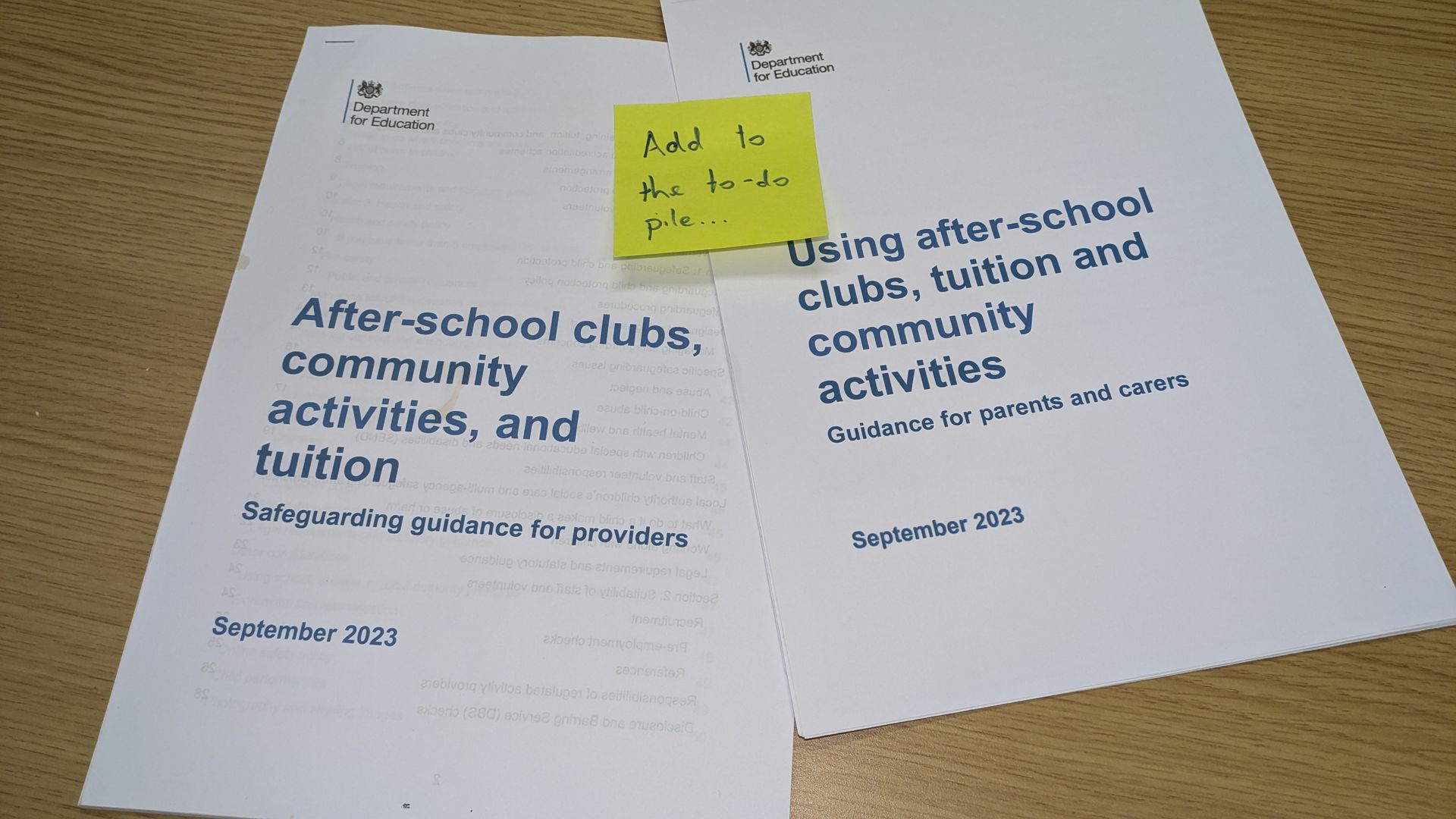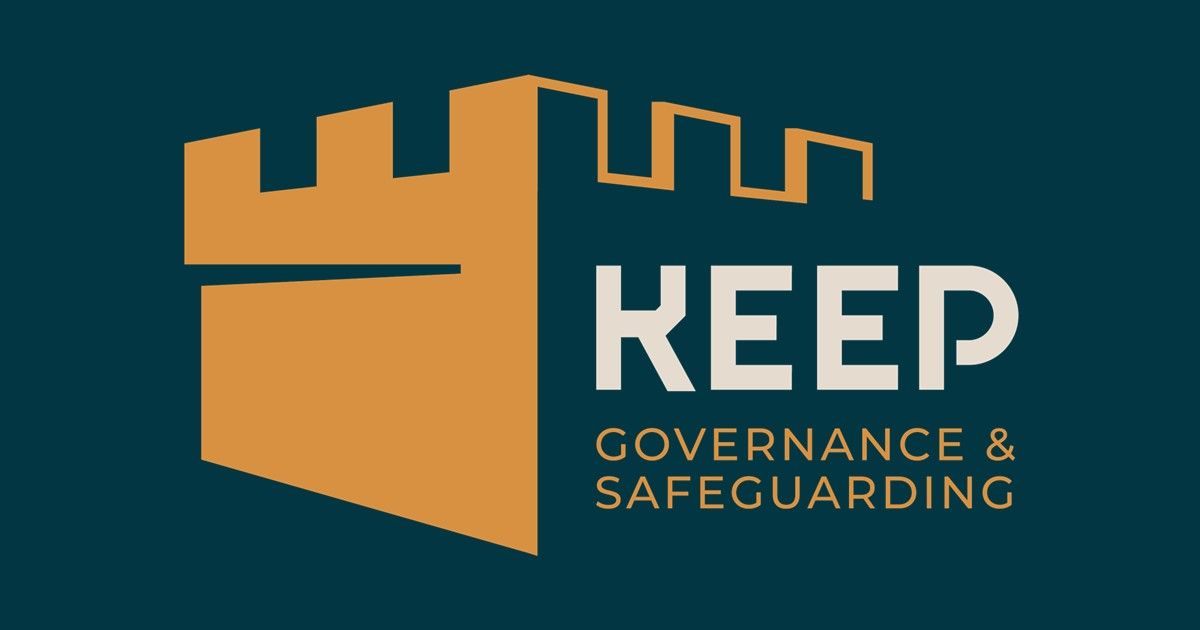The worst, best-kept secrets of 2023
Really valuable guidance that most people don't know exists

One of the most important pillars of robust safeguarding arrangements is empowerment; educating everyone so they can make decisions about keeping themselves, and those they care for, safe from abuse, neglect and exploitation.
That education should include information about the types of behaviours we are protecting ourselves from, yes, but also the arrangements which help to keep everyone safe and prevent spaces for abuse, neglect and exploitation to take place, unseen.
“Knowledge is power, knowledge is safety, knowledge is happiness” Thomas Jefferson
And so, it was encouraging last year when the Department for Education published two guidance documents which include specific expectations about safeguarding arrangements in out-of-school settings:
- After-school clubs, community activities, and tuition: Safeguarding guidance for providers
- Using after-school clubs, tuition and community activities: Guidance for parents and carers
It's just a shame that almost everyone I talk to seems to know nothing about their existence!
I expect the Department of Education didn't have an easy time putting these documents together. In the main, these aren't about statutory expectations and it's important to not paralyse providers and businesses with expectations that are too high for them to operate with. But the basics are covered pretty well by both documents and include expectations around:
- Safeguarding policy and staff behaviour policy
- Procedures for reporting and managing safeguarding concerns
- A named lead for safeguarding, made known to parents and carers
- Reporting concerns to statutory agencies where appropriate, including allegations of harm against their staff or volunteers
- Procedures and policies for whistleblowing, complaints and clear arrangements for accountability
The power of these documents in the hands of parents and carers would be huge. If parents and carers regularly asked the questions in the "Before the first session, check the provider has..." section and were able to look for the signs listed in the "Warning signs to look out for..." section, before their children took part in the activities, providers who do not operate to standards which keep children safe would find it a lot harder to hide, and to hide abuse, or would simply not be able to continue to operate.
Organisations who partner with Keep Governance and Safeguarding to deliver an independent and transparent safeguarding reporting process with Keep Equip can evidence how they go above and beyond, to meet the expectations that these documents put on them. They all have a safeguarding webpage (or printed information given to all participants) which includes a link to a reporting tool for their participants and theor parents or carers which cover safeguarding and welfare concerns, concerns about the behaviour of staff and volunteers (including allegations of harm), whistleblowing and complaints. Any concerns raised through here cannot be ignored as they are independently triaged, logged and monitored by Keep Equip.
These documents should be promoted widely as they form part of this key pillar of empowerment.
Find out more about about how Keep Equip can support you and your organisation on our website and get in touch if you are interested in exploring how we can support you.


The Shell Store
Canary Drive
Skylon Park
Hereford, HR2 6SR
Find us with what3words: ///slide.shut.courier
KeepSafe Ltd t/a Keep Governance and Safeguarding © 2025
Company No: 09802024
Keep Governance and Safeguarding ® is a registered trademark of KeepSafe Ltd
VAT No: 408 5074 05
View our Privacy Policy here.


